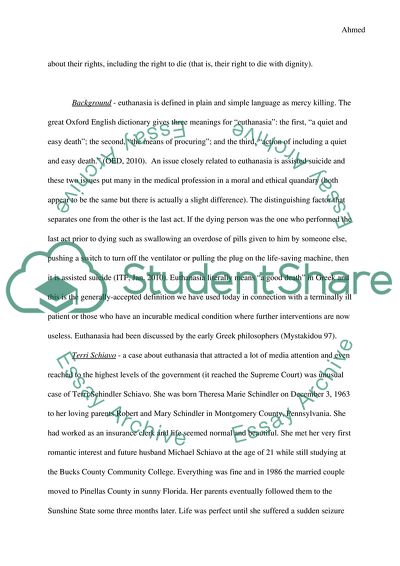Cite this document
(Theologians and Jurists' Opinions on Merci Killing Coursework, n.d.)
Theologians and Jurists' Opinions on Merci Killing Coursework. Retrieved from https://studentshare.org/social-science/1736565-assignment-description-for-literature-review
Theologians and Jurists' Opinions on Merci Killing Coursework. Retrieved from https://studentshare.org/social-science/1736565-assignment-description-for-literature-review
(Theologians and Jurists' Opinions on Merci Killing Coursework)
Theologians and Jurists' Opinions on Merci Killing Coursework. https://studentshare.org/social-science/1736565-assignment-description-for-literature-review.
Theologians and Jurists' Opinions on Merci Killing Coursework. https://studentshare.org/social-science/1736565-assignment-description-for-literature-review.
“Theologians and Jurists' Opinions on Merci Killing Coursework”, n.d. https://studentshare.org/social-science/1736565-assignment-description-for-literature-review.


